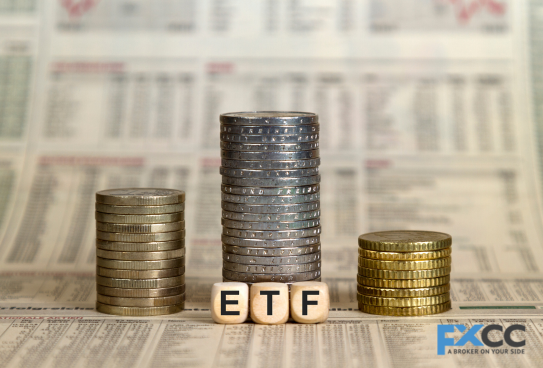Leveraged ETFs, or exchange-traded funds, are a type of investment that can amplify your gains or losses. They’re designed to track an underlying index, but with a multiplier effect. A 3x leveraged ETF on the S&P 500 seeks to deliver three times the daily return of the index.
The Appeal of Leveraged ETFs
The allure of leveraged ETFs is obvious. They offer the potential for significant returns, especially in rising markets. If the underlying index goes up, your leveraged ETF investment could soar. However, the flip side is equally true. If the market goes down, your losses can be amplified as well.
Understanding the Risks
Volatility: Leveraged ETFs are highly volatile. Even small daily fluctuations in the underlying index can lead to large swings in your investment. This can make them unsuitable for investors with a low risk tolerance.
Decay: Over time, leveraged ETFs can experience “decay.” This means that even if the underlying index remains flat, the ETF’s value may decline due to the compounding effect of daily fees and expenses.
Market Conditions: Leveraged ETFs perform best in markets that are trending steadily in one direction. They can struggle in volatile markets or those that are consolidating.
Complexity: Leveraged ETFs can be complex to understand. Investors need to be aware of the risks involved and have a solid grasp of the underlying index and market conditions.

When to Consider Leveraged ETFs
Leveraged ETFs can be a suitable investment for experienced investors who are willing to accept the risks. Here are some factors to consider:
Short-Term Perspective: Leveraged ETFs are generally not designed for long-term investments. They may not be suitable for long-term holding periods.
Market Outlook: If you have a strong belief in the direction of a particular market, leveraged ETFs can offer a way to amplify your gains. However, if you’re uncertain about the market’s future, it’s best to avoid them.
Risk Tolerance: Leveraged ETFs are not for everyone. Only investors who are comfortable with the potential for significant losses should consider them.
Alternatives to Leveraged ETFs
If you’re interested in amplifying your returns without taking on the same level of risk, there are alternative investment strategies to consider. These include:
Option Strategies: Options can be used to create leveraged positions without the same level of volatility as leveraged ETFs.
Margin Accounts: Using a margin account allows you to borrow money to purchase securities, effectively leveraging your investment. However, margin accounts also carry risks, such as the potential for margin calls.
Sector ETFs: Sector ETFs focus on specific industries or sectors of the economy. By investing in a sector that is expected to outperform the overall market, you can potentially achieve amplified returns.
Conclusion
Leveraged ETFs can be a powerful tool for investors who understand the risks and are willing to accept them. However, they are not suitable for everyone. Before investing in leveraged ETFs, it’s important to carefully consider your investment goals, risk tolerance, and understanding of the underlying market. If you’re unsure, it’s always a good idea to consult with a financial advisor.

FAQs:
What are the fees associated with leveraged ETFs?
Leveraged ETFs often incur higher fees compared to traditional ETFs. These fees can erode your returns over time.
What is the underlying index of a leveraged ETF?
The underlying index is the benchmark that the leveraged ETF tracks. The ETF’s performance is directly tied to the index’s performance.
What is the leverage ratio of a leveraged ETF?
The leverage ratio is the multiplier that amplifies the ETF’s returns. For instance, a 3x leveraged ETF has a leverage ratio of 3.
Can I invest in leveraged ETFs through a retirement account?
Yes, you can invest in leveraged ETFs through retirement accounts like IRAs or 401(k)s. However, tax implications may apply.
Are leveraged ETFs suitable for long-term investors?
No, leveraged ETFs are generally not suitable for long-term investors due to potential decay and amplified volatility risks.
How can I learn more about leveraged ETFs?
Conduct your own research, read articles and books, and consult with a financial advisor to learn more about leveraged ETFs.


